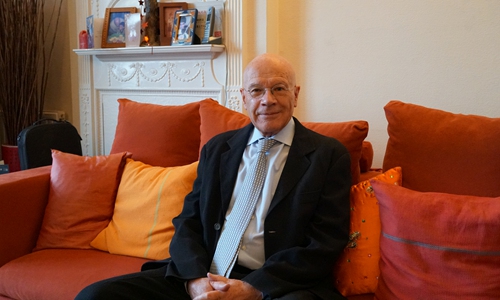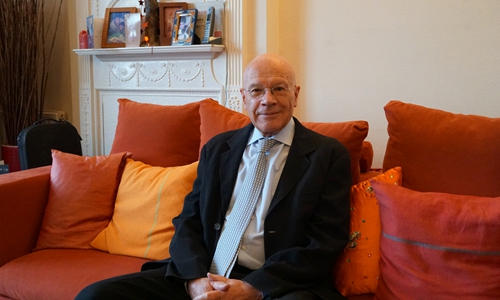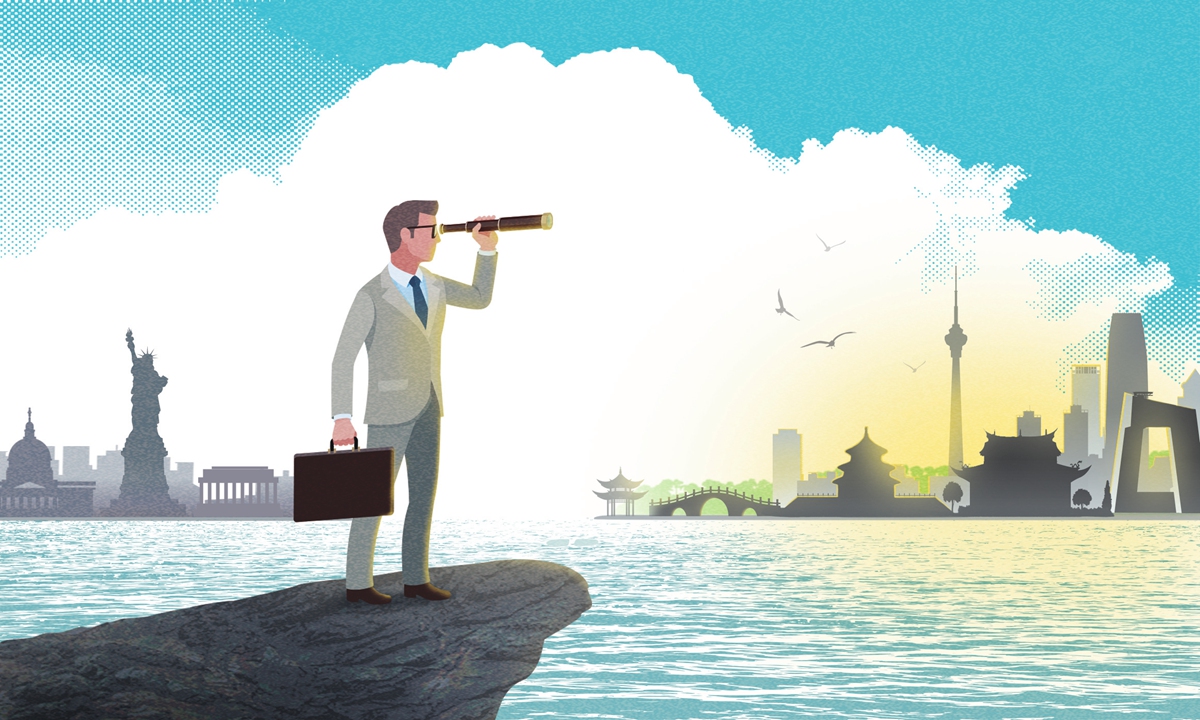After the handover in 1997, Hong Kong was based on one country two systems. These were never equivalent: how could they be? The essence of the handover was the passing of sovereignty from the UK to China. One country took precedence: two systems was shaped by and only existed in the context of the former. The West ignored this crucial difference or, at least, greatly played down its importance and significance and, what is more, its legitimacy. Now China is reasserting the primacy of one country over two systems: the divisions which have undermined Hong Kong will be replaced by a new sense of authority and stability. But Hong Kong’s problems are not just political. The failure to tackle the socio-economic problems bequeathed by the British – an oligopolistic colonial-style economy, huge inequality and, above all, the control by tycoons of the supply of land, resulting in sky-high property prices – has understandably led to a mood of resentment and pessimism, especially among the young. Fundamental socio-economic reforms, alongside political reform, will be necessary if hearts and minds are to be won.
Articles
What will happen to Europe? Will it continue with a broadly pro-American orientation, or will it pursue an increasingly independent position? Either way, the consequences will be far-reaching. At the heart of the West lie the US and Europe. If Europe seeks a more autonomous role, then the West will be seriously weakened. A fascinating ECFR poll published recently reveals a deep disillusionment amongst Europeans towards the US. Europeans are becoming less Atlanticist and more independent-minded. As the recent EU-China Comprehensive Agreement on Investment suggests, the EU will develop its own relationship with China, rather than acting in tandem with the US. What once drew Europe westward, the over-arching importance of the US economy, is now drawing it eastward: the centre of gravity of the global economy is now in the east. Read my latest column for the Global Times.
The prospects for the US look bleak. With continuing rapid decline, rampant inequality, falling living standards, rising unemployment, and China becoming the world’s largest economy, the divisions will grow ever greater. The Capitol Hill insurrection was more like the beginning than the end of the polarisation and turmoil. The US is in danger of imploding, which will only hasten its decline. My latest column for the Global Times.
We are approaching the end of December. The pandemic struck Europe and the US in March. That is now 10 months ago. Much of Europe is once more in varying degrees of lockdown. In the US, COVID-19 continues to spread unabated. The situation in the West is now as bad as at any time since it all began. With the honourable exception of New Zealand, the West has singularly failed to quell, let alone eliminate, the virus. Without a vaccine, evidence suggests that the West will have to learn to live with the coronavirus indefinitely. Read more >
As UK-China ties continue to deteriorate, in this exclusive interview with the Chinese and English editions of Global Times, Martin Jacques shares his perspective on the UK decision to ban Huawei from its 5G network, its harsh stance on the national security law for Hong Kong, and the escalating tensions between the US and China.
GT: In your latest tweet, you described the Huawei ban as “an exercise in national suicide.” Could you elaborate further? What would the Huawei ban mean for the UK in a technological, geopolitical, and economic sense respectively?
Jacques: This is the context: Britain is leaving the European Union. This is to be finalised on January 1, 2021. And the European Union was by far Britain’s biggest trading partner. So suddenly, there’s a big hole as a result of that. Now Britain has decided to end the relationship with Huawei and remove all Huawei equipment, and not have any Huawei 5G equipment. Inevitably, this affects in a very negative way the economic and trading relationship between Britain and China.
Read more >
After many months of rioting and unrest in Hong Kong, it was patently obvious that the Chinese government would have to introduce national security legislation. The Basic Law required its introduction, and the SAR government had sought to do this in 2003, but large-scale opposition scuppered those plans. Its absence left the authorities badly exposed in 2019. Every modern country has such laws. No Western country would tolerate the kind of violence and rioting that scarred Hong Kong in 2019. Given the failure of the SAR government to introduce national security legislation, it became essential for the Chinese government to do so. The outcry in the West reeks of hypocrisy. The British, after all, enjoyed sweeping draconian powers in colonial Hong Kong.
In 1953 Stirling Moss befriended a little boy of 7 who idolised him. We exchanged many letters and met regularly at race meetings. He was so kind to anonymous little me. And he was also one of the greatest drivers of all time. My appreciation of the great man.
During January the onslaught in the Western media, notably the US and the UK, against the Chinese government’s handling of the Covid-19 epidemic, was merciless. The Chinese government stood accused of an inhumane attitude towards its people, secrecy, a cover-up, and an overwhelming concern for its own survival above all other considerations. The actual evidence was thin bordering at times on the threadbare but this made little difference to the venom and bile of the assault. Read more >

Martin Jacques Photo: Sun Wei in London/GT
1. After more than a month since the outbreak of the coronavirus in China, the epidemic has been coming under control inside the country. How do you evaluate China’s efforts in the fight against the epidemic?
Judging by the situation now, China seems to have got on top of it, with the number of new cases declining. By and large, it looks as if China has managed to restrict the worst of it to Wuhan in Hubei Province. I think that the situation is looking encouraging.
2. Some people view the epidemic as an assessment of different political systems. How do you evaluate the measures taken by different countries such as China, Japan and South Korea?
Martin Jacques assesses the role and continuing rise of China in the decade 2010 to 2019 in an article published in the Guardian on 31st December 2019.
By 2010, China was beginning to have an impact on the global consciousness in a new way. Prior to the western financial crisis, it had been seen as the new but very junior kid on the block. The financial crash changed all that. Before 2008 the conventional western wisdom had been that sooner or later China would suffer a big economic meltdown. It never did. Instead, the crisis happened in the west, with huge consequences for the latter’s stability and self-confidence.


